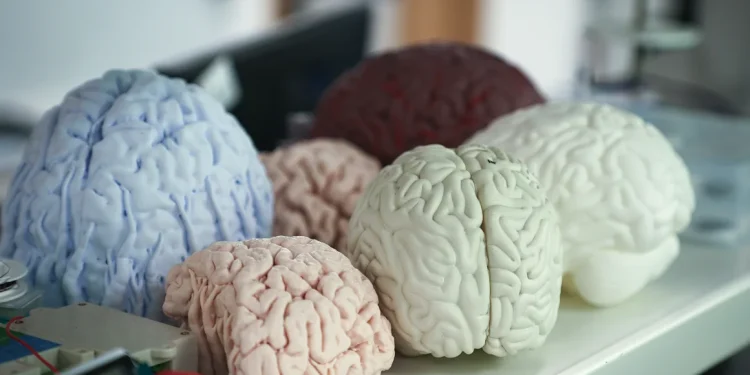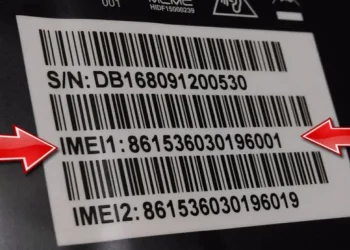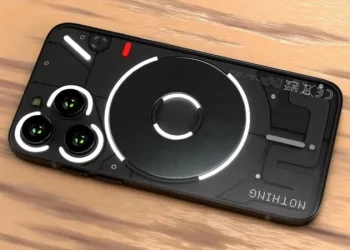“I want to eat” — the phrase appeared in Chinese characters on a screen in Beijing, generated not by typing or voice, but by the thoughts of a 67-year-old ALS patient implanted with a brain-computer interface (BCI) chip.
The remarkable moment, captured by Beijing Radio and Television, is part of a clinical trial using the Beinao-1 chip, a semi-invasive wireless BCI developed by NeuCyber NeuroTech, a Chinese startup incubated by the Chinese Institute for Brain Research (CIBR).
China’s BCI Leap: From Behind to the Front Line
Though the United States has long led the BCI frontier, China is rapidly closing the gap. Luo Minmin, CIBR’s director and lead scientist, said the team has been “overwhelmed” with requests from patients.
“The patients were saying that this feels so great, like they can gain or regain control of their muscles,” Luo said.
The Beinao-1 chip, about the size of a coin, is showing high accuracy in decoding brain signals into text and computer commands. Luo’s team now plans to implant the chip into 50 to 100 more patients within the next year.
A Growing Global Race
As of May 2025, Beinao-1 has matched Neuralink’s five human patients. Another US competitor, Synchron, backed by Jeff Bezos and Bill Gates, has completed trials with 10 patients across the US and Australia.
Despite a later start, China’s growing presence in the field is undeniable. Neuroscientist Maximilian Riesenhuber of Georgetown University observed:
“China has shown the ability to not just catch up but actually drive the field in some areas.”
Innovation with a Different Approach
Unlike many Western BCI systems that involve deeply invasive procedures, Beinao-1 uses a semi-invasive method, placing the chip outside the dura mater, the brain’s protective outer layer. While this may sacrifice some signal fidelity, it dramatically reduces surgical risk.
“It is interesting that NeuCyber is able to decode specific words without going beneath the dura,” Riesenhuber said.
The Beinao-1 trials include patients with ALS who are now able to express simple sentences, a life-changing shift for those long silenced by the disease.
Government Backing and National Strategy
The development of Beinao-1 reflects China’s broader national ambitions. Brain tech was first mentioned in China’s Five-Year Plan in 2016, and the country has steadily increased funding and issued its first ethical research guidelines in 2024.
President Xi Jinping has called the tech industry a “main battlefield” of global competition, underscoring how breakthroughs in neuroscience are about more than health—they’re about geopolitical leadership.
“Brain science is new in China,” said Lily Lin, a former neuroscience research assistant. “But its development speed is faster than other countries.”
U.S.–China Comparison: Apples and Oranges?
Although Neuralink and Beinao-1 serve similar functions, Luo stressed that comparing them is like evaluating apples and oranges:
- Neuralink uses high-precision neural recording by penetrating brain tissue.
- Beinao-1 covers larger brain areas but with lower resolution.
Each offers unique trade-offs in precision, risk, and scalability.
Market Potential and Ethical Challenges
According to Precedence Research, the global brain tech market was valued at $2.6 billion in 2024 and could hit $12.4 billion by 2034.
Yet the stakes go far beyond dollars. As more countries enter the BCI race, questions of safety, accessibility, and data ethics will become increasingly urgent.
“The jury is still out,” Luo concluded. “We don’t yet know which route will ultimately benefit patients better.”
Bottom line: China’s Beinao-1 may not be as well-known as Neuralink, but it’s rapidly becoming a serious competitor in the high-stakes world of brain-computer interface technology — and offering new hope to patients long trapped in silence.














